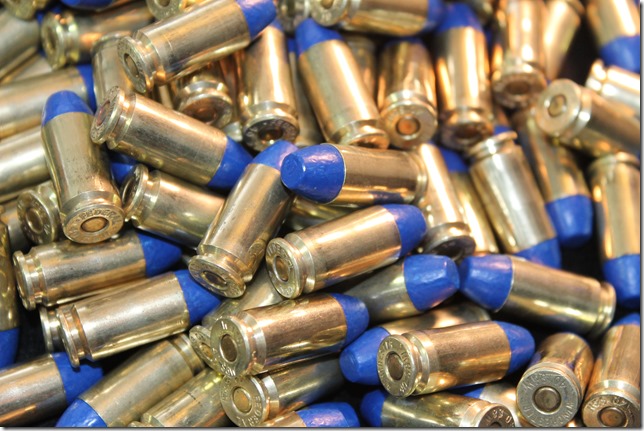Let's talk
about bluegill, my favorite panfish. Bluegill is found all over Louisiana. It's often the first fish caught by young anglers and the favorite of old men who want to feed a family quickly. Bluegill can be caught everywhere, most likely on a cane pole with a worm or cricket, and lots of them are caught with very simple gear. Mentally, I also
link Chinquapin in the bluegill family, although they have a red ear, and they're called the Redear Sunfish by biologists. They're not commonly found in the same water, so you're either catching Bluegill or Chinquapin. The techniques are the same, the gear is the same. The only difference is that red flash on the fish.
Louisiana has no limit on bluegill as a matter of law. As a practical matter, my first father-in-law, Boonie, used to say that the limit on bluegill was the one that sank the boat. You were simply being greedy and deserved to sink.
Let me tell you a story.
Back in the late '70s, I was in the Army, at Fort Knox, KY. I had a good friend, named Neil, from Ohio. He and I told lies, drank whiskey, and swapped yarns. I told him about bluegill fishing in Louisiana, and he didn't believe me. Simply couldn't comprehend. The next year, I left active duty, came home and got on with my life.
A year later, Neil called me. He was coming to Louisiana and wanted to go fishing. I told him I'd pick him up at Fort Polk and we'd go. We made plans, and I told my father-in-law, Boonie about the plans so that he could guide us.
On the day in question, I picked up Neil at Fort Polk and we drove the hour to Boonie's house. We got in his truck, drove to Kincaid Lake, launched the boat. I walked over to the bait stand and bought some crickets.
Boonie had a case of beer in a cooler, and told Neil that the one rule on the boat was that he could not have a beer until he put a fish in the cooler. We wiggled that boat, an old aluminum john boat with a five-horse Elgin engine up in the sypress stumps and started fishing. In just a few minutes, Neil caught a fish, dropped it in the cooler and snagged a beer. And the morning commenced. We got in a honey hole that Boonie knew about and in about two hours, we had drained the cooler of beer and filled the ice chest with bluegill. Then, half-drunk, we motored back to the launch.
DWI wasn't really against the law yet, in Louisiana, so we loaded the boat and drove, half-drunk to Boonies house, where he instructed Neil on the proper way to scale and clean a bluegill for the table. In two hours or so, we had cleaned that cooler full of bluegill , We counted 87 of them.
Boonie sent me up to the store for french fries and another case of beer, and when I got back to his house, he had assembled some family, set up the fish cookers and we commenced to drinking beer, frying fish, and listening to Boonie tell stories about fishing and hunting in Louisiana. By dark, we had eaten the fish, drank the beer, and I loaded Neil in the truck to take him back to Polk. Boonie gave us a bottle of peppermint schnapps for the road. Did I mention that in those days in Louisiana, the DWI laws were fairly lax? DWI was defined differently back in those days.
When we got to his BOQ parking lot, I asked Neil what he thought.
"Back at Knox, I thought you were lying to me." He said. "Now, I'm convinced that you were telling the truth. I have never caught more fish in one day, in all my life." He poured himself out of the truck, leaving me to return to Alexandria, trying to avoid the fine fellows in the Louisiana State Police.
My Dad said if before, and I'll say it again. If you can't feed yourself in Louisiana, you deserve to starve to death.
We've got family from Missouri coming in for a visit in another hour. If PawPaw gets time, he'll blog later this week, but don't count on it. But, probably the next thing I should talk about is Daddy and his catfish traps. It's a pretty good story.
































